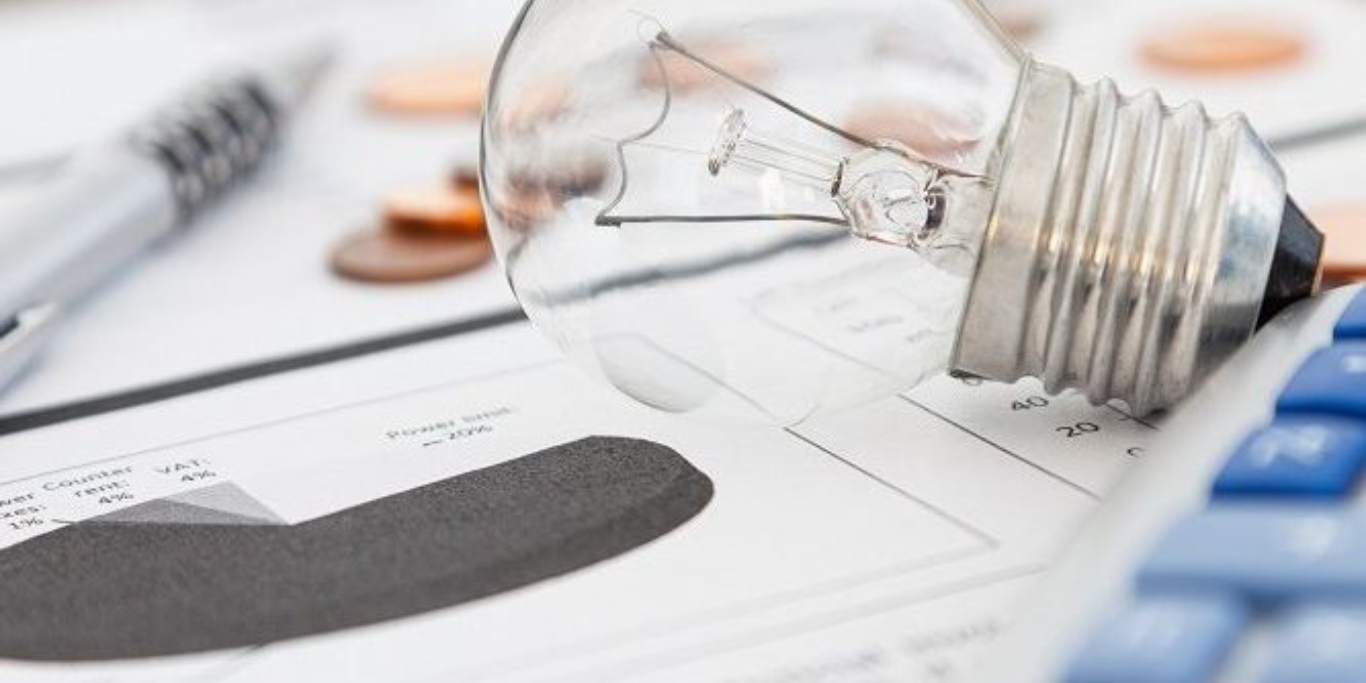As of January 1, 2025, consumers in Spain face important changes in their electricity bills. These measures, promoted by the Government, seek to adjust the cost structure and ensure the sustainability of the electricity system, although they will have a direct impact on households and businesses.
- VAT increase: The Value Added Tax (VAT) applied to electricity returns to the general rate of 21%, after having been reduced to 10% during 2024 in accordance with Royal Decree-Law 8/2023 of December 27, 2023 to mitigate high energy prices. (More information here).
- Increase in fixed costs (tolls and system charges): Tolls are intended to cover expenses related to the transportation and distribution of energy, and are set by the National Markets and Competition Commission (CNMC). On the other hand, system charges are used to finance energy policy measures, such as payments to renewable energies, the deficit and non-peninsular electricity systems. These regulated costs, which must be paid by all consumers regardless of the type of contract they have, will experience an increase from 2025. (More information here)
- Increased financing of the Bono Social: The daily contribution to finance the Bono Social, a discount for vulnerable consumers, has doubled from €0.006299/day to €0.012742/day. This represents an increase of approximately €2.35 per year per consumer (More information here).
Recommendations for consumers
Although changes in tolls, taxes and VAT are regulated by the government, there are some strategies you can implement to minimize their impact and improve the efficiency of your energy consumption:
Optimize your electricity tariff:
- Check the contracted power: Make sure that the power you have contracted meets the needs of your supply.
- Evaluate your consumption profile: Choose the tariff that best suits your habits. For example, if you concentrate your consumption in certain hours of the day, consider options with time discrimination.
Improve energy efficiency in your home:
- Switch to LED bulbs: LED bulbs consume much less energy than traditional bulbs and last longer.
- Unplug electronics: Turn off devices you are not using to avoid standby consumption (phantom consumption).
- Adjust the temperature of household appliances: Keep the thermostat at 21 ºC in winter and 24 ºC in summer to improve efficiency.
- Improve thermal insulation: If you live in a cold area, consider installing aerothermal equipment or changing the windows for better insulation.
Incorporates self-consumption systems:
- Install solar panels: This is a profitable investment in the long term, especially if you take advantage of the incentives offered by some autonomous communities.
These recommendations will not only help you mitigate the economic impact of the measures planned for 2025, but will also encourage more sustainable energy use in your home.
Sources and more information:










